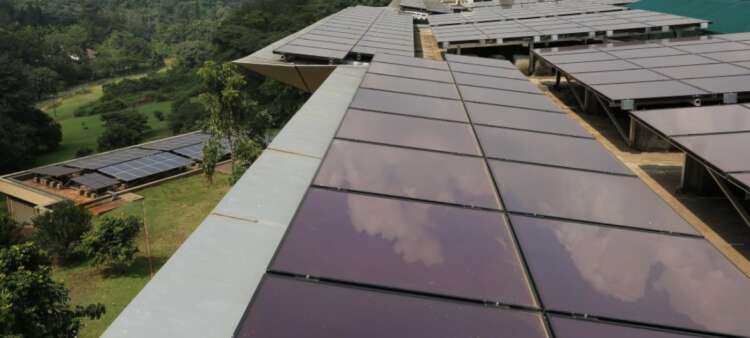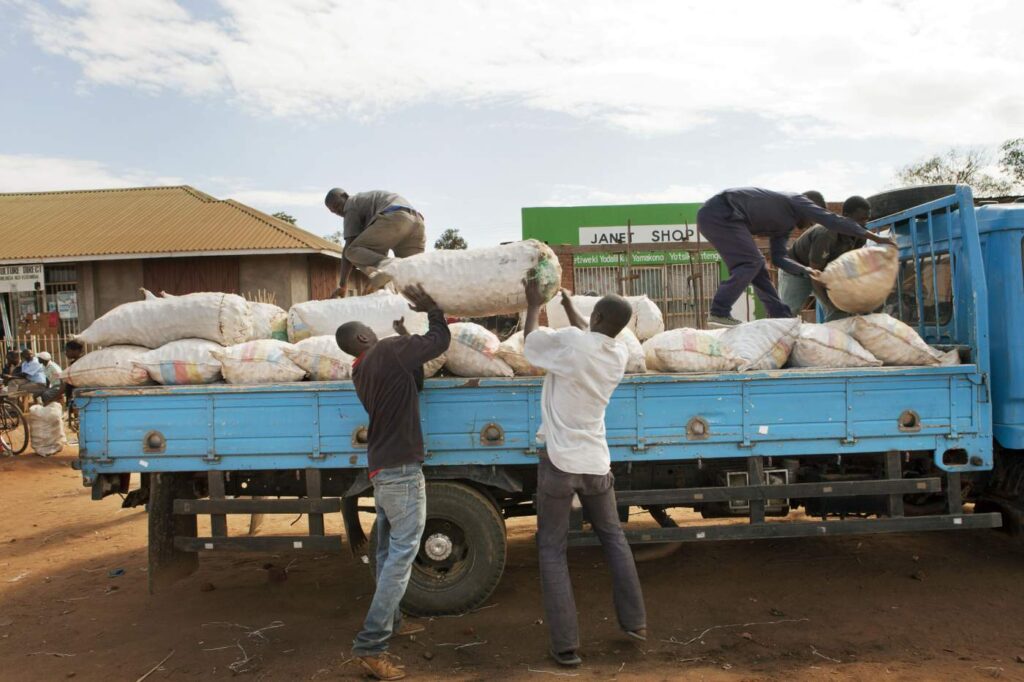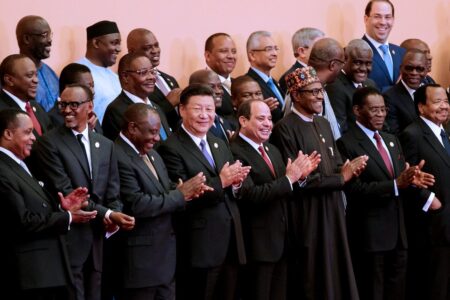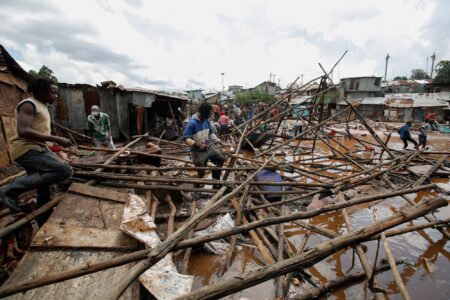Reducing greenhouse emissions will reduce the impact and costs associated with climate change, but the world must also plan for, finance and implement, climate change adaptation measures or face serious costs, losses and damages.
This is according to a recent report released by United Nations Environment Programme (UNEP). The study highlights some of the challenges faced by countries that are likely to slow down the reduction of greenhouse emissions.
Generally the spread of the global pandemic has hit economies so hard that they have had to borrow more money to sustain themselves. So when there is a call for more funding to sustain greenhouse emissions, there is bound to be some delay in complying with this. While it is too early to gauge the full extent to which COVID-19 will affect global adaptation processes, in the short term the need to manage the direct public health impacts of the virus and its subsequent economic fallout has seen adaptation fall through the political agenda.
“In the longer term, the socio-economic consequences of the pandemic will likely put additional pressures on public finances and might change national and donor priorities in support of climate action. COVID-19 stimulus packages could lead to a more climate resilient and low-emission recovery if implemented well, but packages announced to date are largely missing the opportunity.” The study reads in part.
Also read: Fellowship targets African female scientists on climate change, agriculture solutions
In November 2016, a legally binding international treaty on climate change referred to as the Paris Agreement came into force. The agreement which was adopted by 196 Parties at COP21 in Paris, on 12th December 2015 is aimed at limiting global warming to well below 2°Celcius, preferably to 1.5°C, compared to pre-industrial levels.
Achieving the 2°C target of the Paris Agreement could limit losses in annual growth to up to 1.6 per cent, compared to 2.2 per cent for 3°C trajectory.
UN Secretary General António Guterres in a recently concluded meeting noted that the year ahead would be critical “not only in beating the COVID-19 pandemic but in meeting the climate challenge”. He said African countries in particular were vulnerable and renewed his call for developed nations to fulfil their longstanding pledge to provide $100 billion a year for developing countries to support both climate mitigation and adaptation.
“Huge amounts of money have been earmarked for the COVID-19 recovery and stimulus measures. But sustainable investments are still not being prioritized,” Mr. Guterres said. “We must invest in the future of affordable renewable energy for all people, everywhere.”
This comes ahead of the 2021 United Nations Climate Change Conference, also known as Conference of the Parties (COP). The 2021 event will be the 26th such meeting, hence COP26. It is scheduled to be held in Glasgow, Scotland, from 1 to 12 November, 2021, under the presidency of the United Kingdom under the leadership of President Alok Sharma.
According to Mr. Sharma, the global transition to clean power must move at least four times the current pace to achieve targets set out in the Paris Agreement on climate change.
“There is need for enhanced global cooperation to boost innovation and economies of scale. This is our moment in history to make those vital decisive and positive choices so that we can protect the future of our planet and our peoples. So, let’s continue to work together to bring the benefits of clean affordable and resilient power to the world,” Mr. Sharma said.
These discussions have gained an added urgency in the wake of the COVID-19 pandemic, which has strained fiscal resources that are available to cope with global crises.
Even the African Development Bank (AfDB) has vowed to stop financing coal projects. AfDB president Akinwumi Adesina said the Bank had prioritized renewables as the mainstay of its Light Up and Power Africa strategic priority, as a result of which the share of renewable energy in the Bank’s power generation investments now stands at 80%.
“Coal is the past, renewable energy is the future,” Dr. Adesina told the audience. “For us at the African Development Bank, we are getting out of coal.”
“The Bank has been at the forefront of transformative renewable energy projects in Africa, including large-scale concentrated solar projects in Morocco – one of the largest in the world – and the Lake Turkana wind power project, the largest in Sub-Saharan Africa,” President Adesina said.
The Bank expects to invest $10 billion in the energy sector over the next five years, Dr. Adesina said. One of its flagship projects is the $20 billion Desert-to-Power program, which strives to build the largest solar zone in the world in the Sahel and to provide electricity to some 250 million people.
“When we light up and power Africa – based on an energy mix aligned to a low carbon transition and prioritizing renewable energy sources – we will achieve a more economically prosperous Africa,” Dr. Adesina added.

According to the UNEP report, since 2006, close to 400 adaptation projects financed by multilateral funds serving the Paris Agreement have taken place in developing countries. While earlier projects rarely exceeded US$10 million, 21 new projects since 2017 reached a value of over US$25 million. “However, of over 1,700 adaptation initiatives surveyed, only 3 per cent had already reported real reductions to climate risks posed to the communities where the projects were being implemented,” the study noted.
Nature-based solutions for adaptation
The report places special focus on nature-based solutions as low-cost options that reduce climate risks, restore and protect biodiversity and bring benefits for communities and economies. An analysis of four major climate and development funds – the Global Environment Facility, the Green Climate Fund, the Adaptation Fund and the International Climate Initiative – suggested that support for green initiatives with some element of nature-based solutions has risen over the last two decades. Cumulative investment for climate change mitigation and adaptation projects under the four funds stood at US$94 billion.
However, the UNEP data shows that only US$12 billion was spent on nature-based solutions – a tiny fraction of total adaptation and conservation finance. This therefore calls for better planning as well as prioritising finances to achieve the recommended global targets.











